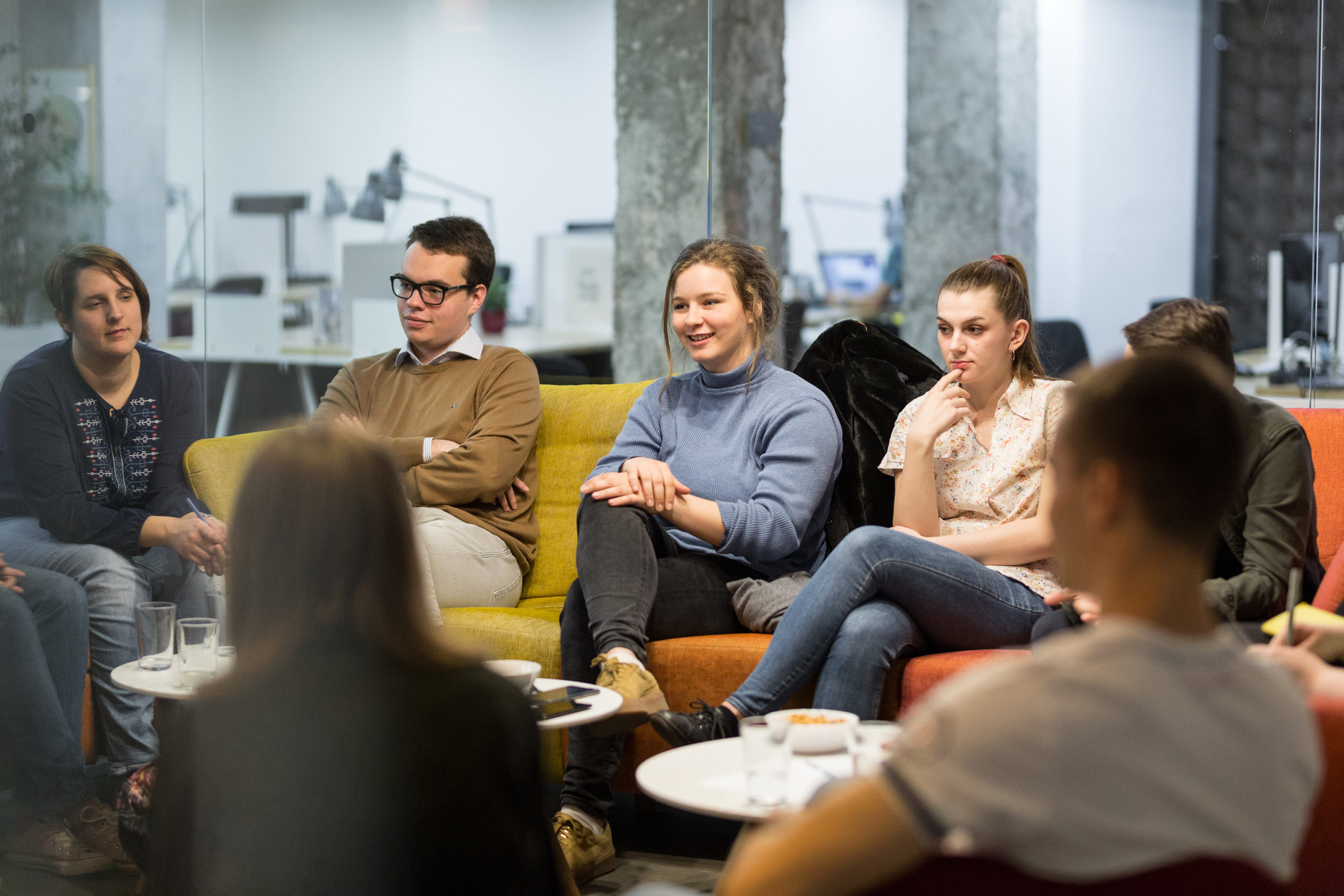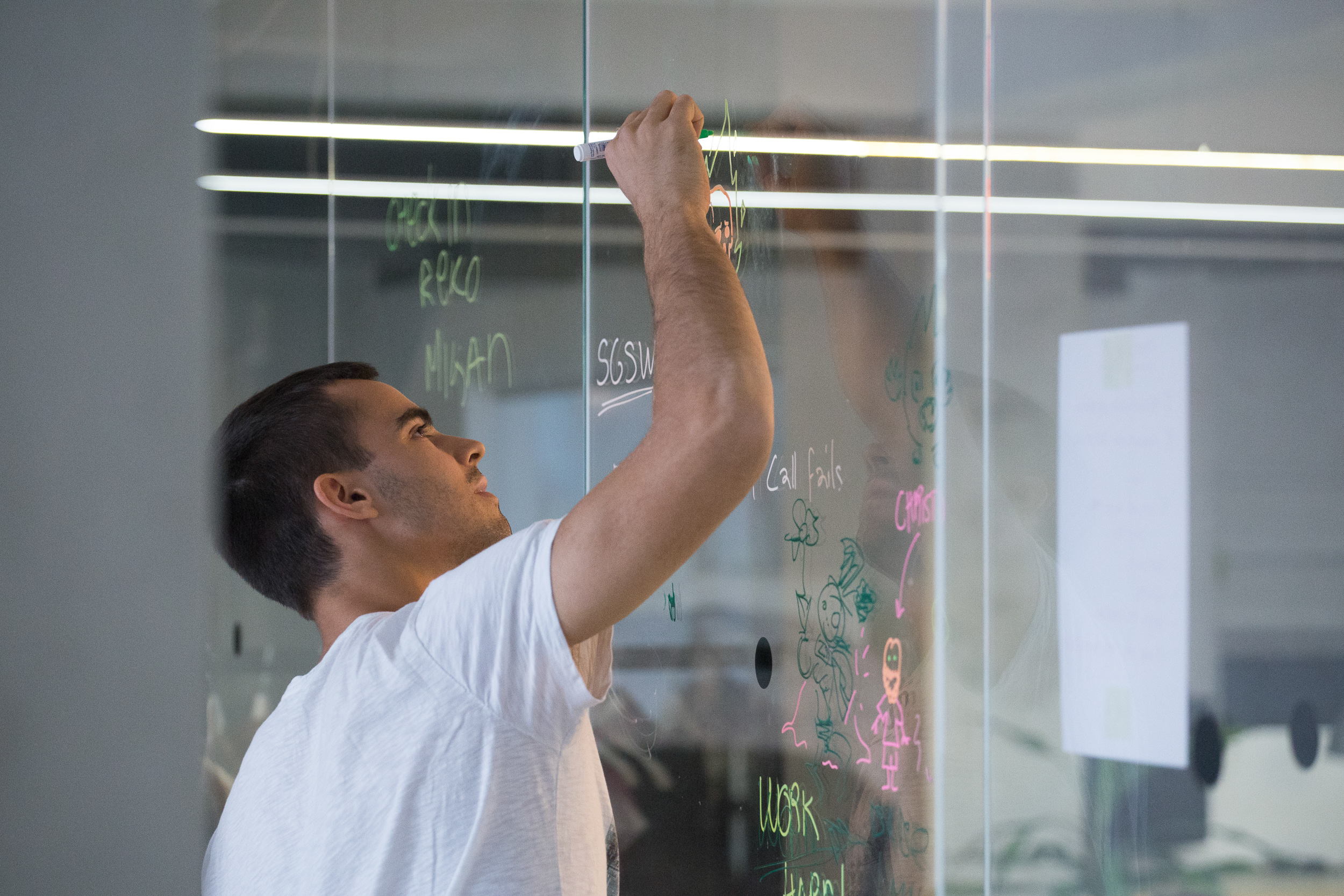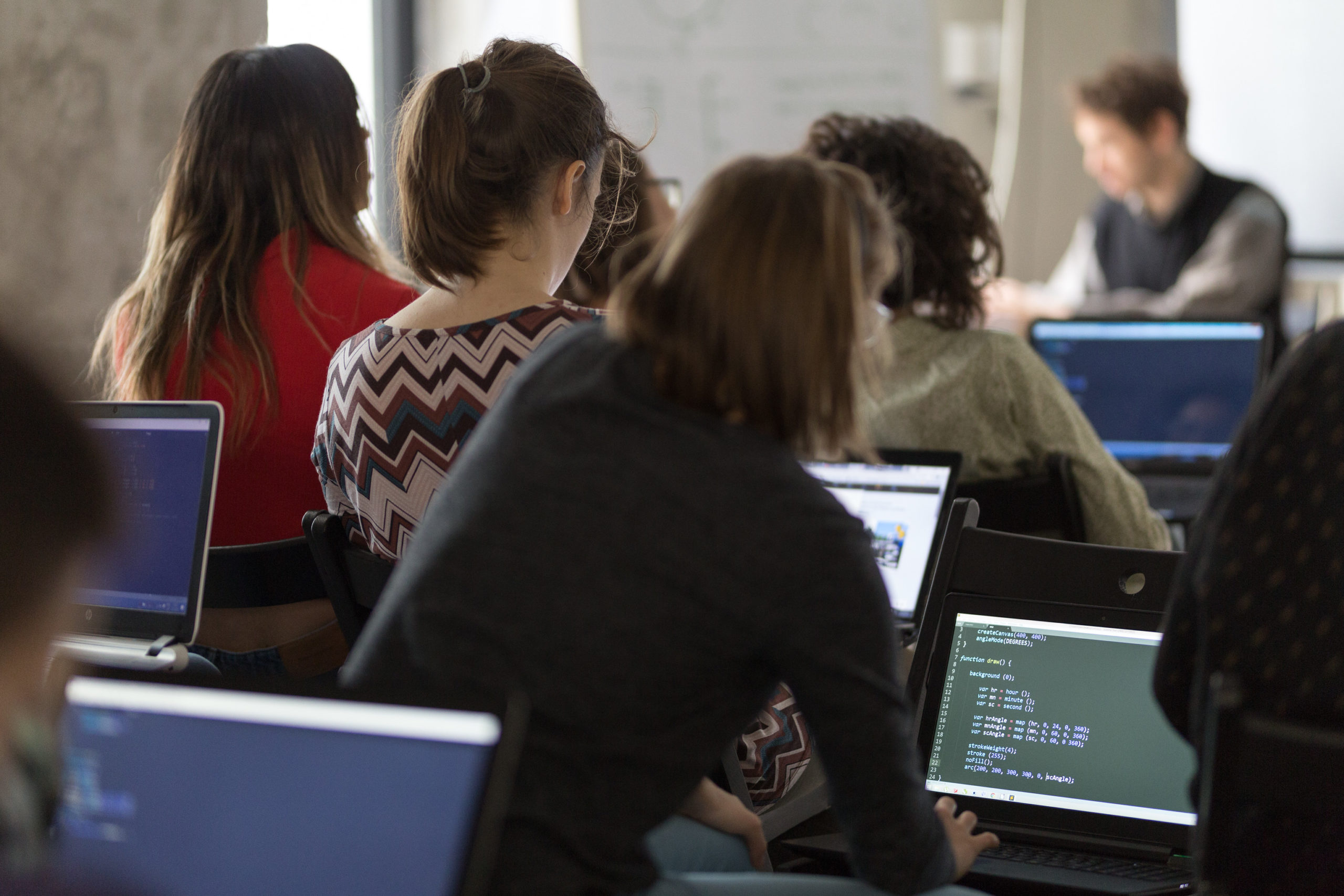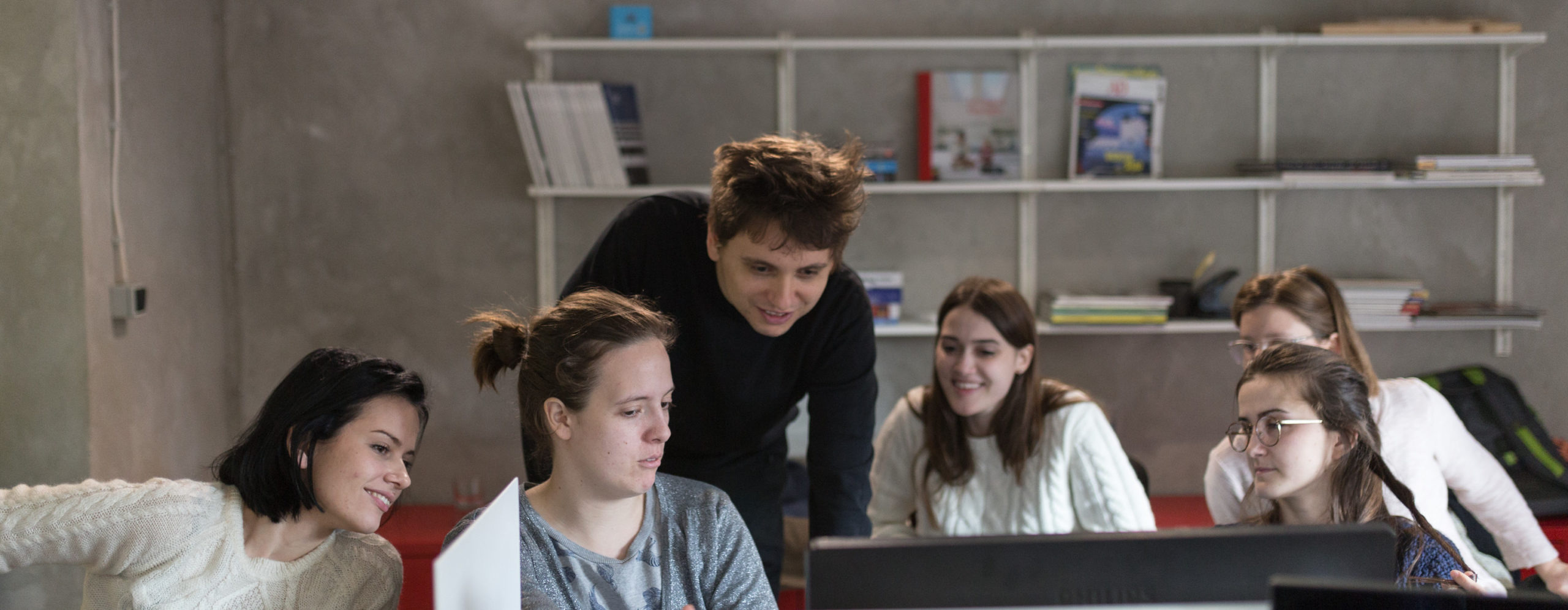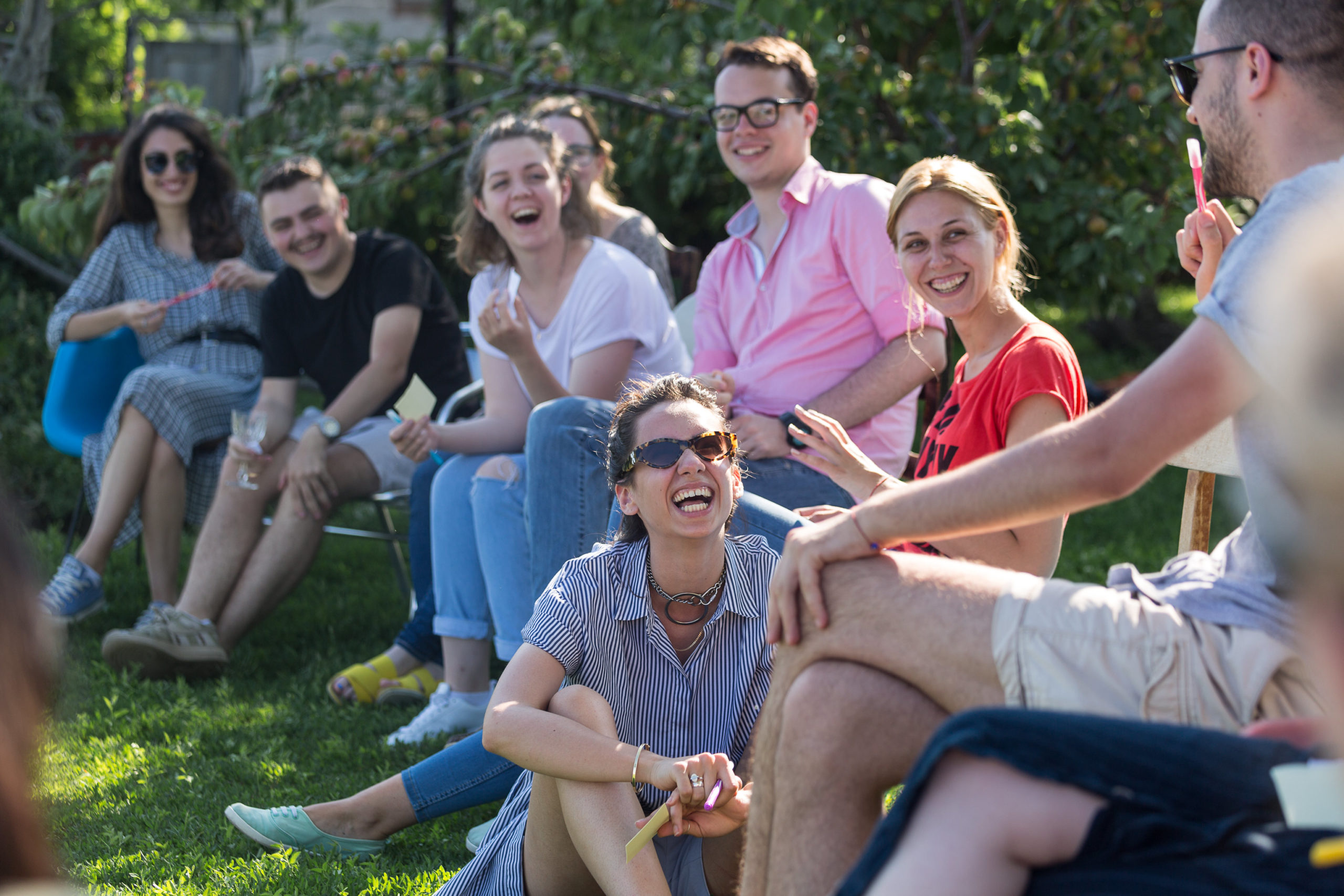Youth Media Hub: Learn how to tell stories
In partnership with the Intera organization from Mostar, Nova Iskra presents an online workshop dedicated to the topic of presentation skills within the Youth Media Hub project, realized as part of the international regional programme “Dialogue for the Future”.









